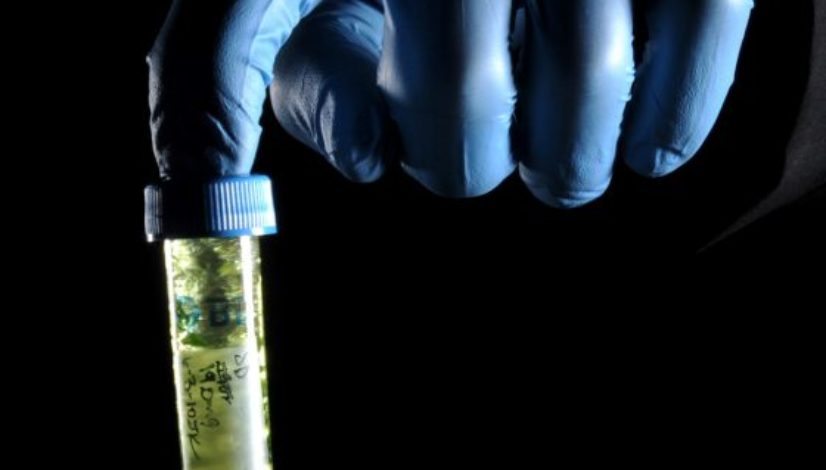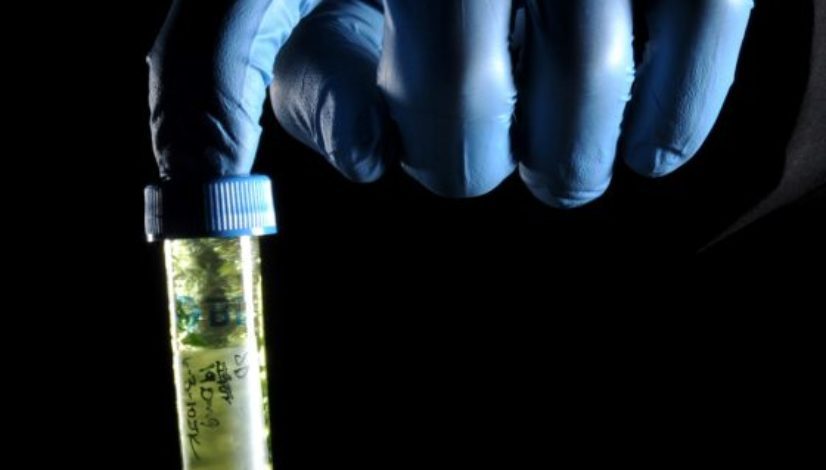Justice Department has “effectively shut down” marijuana research at DEA

Published: Aug 15, 2017, 10:33 am • Updated: Aug 15, 2017, 10:34 am
By Matt Zapotosky and Devlin Barrett, The Washington Post
The Justice Department under Attorney General Jeff Sessions has effectively blocked the Drug Enforcement Administration from taking action on more than two dozen requests to grow marijuana to use in research, one of a number of areas in which the anti-drug agency is at odds with the Trump administration, U.S. officials familiar with the matter said.
A year ago, the DEA began accepting applications to grow more marijuana for research, and as of this month, had 25 proposals to consider. But DEA officials said they need the Justice Department’s sign-off to move forward, and so far, the department has not been willing to provide it.
“They’re sitting on it,” said one law enforcement official familiar with the matter. “They just will not act on these things.”
As a result, said one senior DEA official, “the Justice Department has effectively shut down this program to increase research registrations.”
DEA spokesman Rusty Payne said the agency “has always been in favor of enhanced research for controlled substances such as marijuana.” Lauren Ehrsam, a Justice Department spokeswoman, declined to comment.
Related stories
- DEA plans to reduce quota of government-grown marijuana for research in 2018
- Federal lawsuit against Sessions and DEA says marijuana’s Schedule I status unconstitutional
- Even the DEA says nobody has ever died of a marijuana overdose
- Op-ed: DEA position statement on CBD, hemp and Farm Bill “reckless and illegal”
- The DEA said it would end its monopoly on research marijuana. Was it just smoke and mirrors?
The standoff is the latest example of the nation’s premier narcotics enforcement agency finding itself in disagreement with the new administration. While President Trump and Sessions have vowed a crackdown on drugs and violent crime, DEA officials have publicly and privately questioned some of the administration’s statements and goals.
Late last month, Acting DEA Administrator Chuck Rosenberg wrote in an email to staff members that President Trump had “condoned police misconduct” in remarking to officers in Long Island that they need not protect suspects’ heads when putting them into police vehicles. The DEA administrator said he was writing his employees “because we have an obligation to speak out when something is wrong.” After public criticism, White House officials said the president was joking.
DEA officials say Sessions and his Justice Department have pressed the agency for action specifically on MS-13, despite warnings from Rosenberg and others at the DEA that the gang, which draws from Central American teenagers for most of its recruits, is not one of the biggest players when it comes to distributing and selling narcotics.
Mexican cartels, DEA officials have warned, will use any gang to sell their drugs, and DEA leaders have directed those in their field offices to focus on the biggest threat in their particular geographic area. In many parts of the country, MS-13 simply does not pose a major criminal or drug dealing threat compared to other groups, these officials said.
The officials spoke on the condition of anonymity, because they could face professional consequences for candidly describing the internal disputes.
Payne, the DEA spokesman, said, “Mexican cartels, Mexican transnational organizations are the greatest criminal threat to the United States. There’s no other group currently positioned to challenge them. Whenever drug investigations that we do involve MS-13, we respond, but right now the No. 1 drug threat in the U.S. is the Mexican cartels.”
Sessions frequently speaks harshly about marijuana use, and Justice Department officials have been reviewing the policy of his predecessor when it comes to enforcing federal laws on marijuana in states where the drug is legal. Sessions, too, has called medical marijuana “hyped, maybe too much,” and signaled that he is skeptical about benefits of smoking it.
“Dosages can be constructed in a way that might be beneficial, I acknowledge that, but if you smoke marijuana, for example, where you have no idea how much THC you’re getting, it’s probably not a good way to administer a medicinal amount. So forgive me if I’m a bit dubious about that,” Sessions said earlier this year.
The DEA is no shrinking violet when it comes to marijuana enforcement. Last year, Rosenberg declined to lessen restrictions on its use, maintaining its classification as a Schedule 1 controlled substance – which means it has no accepted medical use and a high potential for abuse.
But Rosenberg wrote at the time that the DEA would “support and promote legitimate research regarding marijuana and its constituent parts.” The DEA, he wrote, already had approved such research, registering 354 people and institutions to study marijuana and related components, including the effects of smoked marijuana on humans.
The DEA indicated at the time it was willing to see those studies expand, asking for applications from people who wanted to grow marijuana to be used for research. The only source of marijuana for researchers then was – and is – the University of Mississippi, which has permission to grow and distribute the drug for research.
One still-waiting applicant is Lyle Craker, a professor at the University of Massachusetts at Amherst. Craker has spent years seeking approval to do research into whether other parts of marijuana plants have medicinal value.
“I’ve filled out the forms, but I haven’t heard back from them. I assume they don’t want to answer,” said Craker. “They need to think about why they are holding this up when there are products that could be used to improve people’s health. I think marijuana has some bad effects, but there can be some good and without investigation we really don’t know.”
Craker submitted his latest application Feb. 14, and after getting additional questions from the DEA in March, supplied additional information in April.
Brad Burge, spokesman for the Multidisciplinary Association for Psychedelic Studies, said the federal government for years has prevented important research into marijuana.
“That’s a sad state of affairs,” he said, adding, “if the DEA is now asking for permission to say yes, then the resistance is now further up the chain of command.”
Rosenberg indicated in a call with The Washington Post that he still would support more marijuana research.
“I stand by what I wrote,” he said.
Tension between Rosenberg and Trump is perhaps unsurprising. Rosenberg was appointed during the Obama administration, and he had served as chief of staff and senior counselor to James B. Comey, who was the FBI director until Trump fired him earlier this year.
The Justice Department has not rejected any of the 25 people whose applications to grow marijuana the DEA is considering. Rather, the department is not taking any action at all, officials said. Before approving such applications, DEA officials have to assess each applicant and determine whether their facility is secure and whether they had previously been complying with federal law.
Topics: DEA, Department of Justice, Jeff Sessions, research




